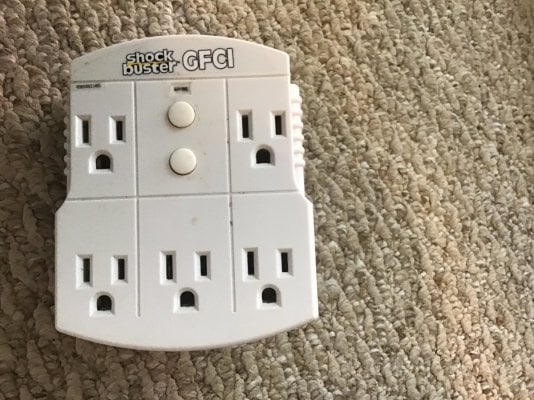- Joined
- Sep 9, 2018
- Messages
- 1,498
- Reaction score
- 1,127
Is it?...Like I mentioned earlier this probe is redundant. You already have sufficient grounding via any equipment used in or around your tank.
GFCI’s do work well and they are all that’s needed for safety.
None of the AC equipment (return pumps and heaters) in my tank has a ground.

















